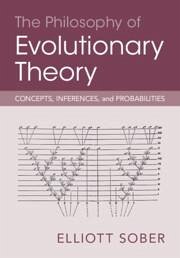
A History of Nihilism in the Nineteenth Century
Versandkostenfrei!
Versandfertig in 2-4 Wochen
47,99 €
inkl. MwSt.
Weitere Ausgaben:

PAYBACK Punkte
24 °P sammeln!
This rich, expansive book reaches beyond philosophy to literature and the history of ideas. Nihilism is associated most frequently with twentieth-century movements, but Jon Stewart shows that a tradition of nineteenth-century nihilism actually predated and anticipated developments like existentialism and postmodernism.














